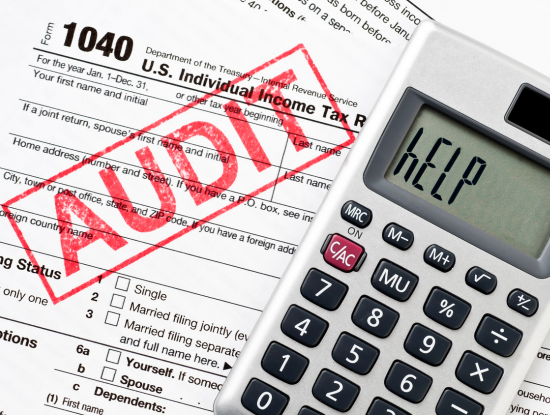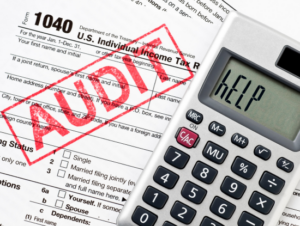
Handling a Personal Tax Audit: A Guide to Staying Prepared
 Facing an IRS audit can be stressful, but staying calm and organized is crucial. Begin by thoroughly examining your tax return, ideally with the help of the preparer or, if you filed independently, a qualified tax professional. The objective is to identify any red flags and compile the necessary documentation to support your return.
Facing an IRS audit can be stressful, but staying calm and organized is crucial. Begin by thoroughly examining your tax return, ideally with the help of the preparer or, if you filed independently, a qualified tax professional. The objective is to identify any red flags and compile the necessary documentation to support your return.
Audits can occur via correspondence, at an IRS office, or in person at your residence or business. If given the option, it’s wise to avoid holding the audit at your home or workplace, as doing so may lead to deeper scrutiny. Statistics show that field audits typically result in larger tax adjustments—averaging around $17,000—compared to about $4,000 for audits conducted in IRS offices.
If you’re not ready when the audit is scheduled, requesting a delay is generally advisable.
Understanding the Audit Process
The audit format you’re selected for determines how extensive the review will be. Mail-based audits focus solely on the specific issues identified in the IRS notice, whereas office and field audits often involve a broader examination of your return. For any audit, be sure to gather and neatly organize your records, grouping expenses into categories such as housing, travel, and utilities. Cross-check the totals against your filed return, and be prepared to explain any inconsistencies with appropriate backup.
For mail audits, respond thoroughly to each question in the IRS letter. If you are attending an in-person audit, arrive with all requested documentation in order. Keep your communication clear, focused, and relevant—offering only what has been requested to avoid opening new lines of inquiry.
You may also receive an Information Document Request (IDR), which asks for additional evidence to support specific entries on your return. It’s important to reply in full and by the deadline. If you’re unable to produce original documentation, consider alternative ways to verify the information, such as third-party confirmations or written statements.
When discussing potential disallowed items with the auditor, concentrate on explaining the rationale behind your reporting choices rather than disputing the amount owed. Stay professional and to the point—many audits escalate when individuals volunteer information that wasn’t initially under review.
Finalizing the Audit
Once the audit wraps up—often within a year—the IRS will either confirm your return or propose changes. In many cases, this results in an additional tax bill. You’ll receive a detailed report outlining the auditor’s conclusions. If you agree with the changes, you can proceed with payment. If not, you have 30 days to appeal to the IRS Office of Appeals, an independent branch that aims to resolve tax disputes without litigation.
Should you miss the 30-day window or if your appeal doesn’t succeed, the IRS will send a Statutory Notice of Deficiency. This formal notice gives you 90 days to file a petition with the U.S. Tax Court. You won’t be required to pay any disputed tax until the court has issued a ruling.
To get a better understanding of your rights and responsibilities during an audit, refer to IRS Publication 17 (Your Federal Income Tax for Individuals) and Publication 1 (Your Rights as a Taxpayer). Working with a knowledgeable tax advisor throughout the process can significantly improve your chances of reaching a fair resolution.



